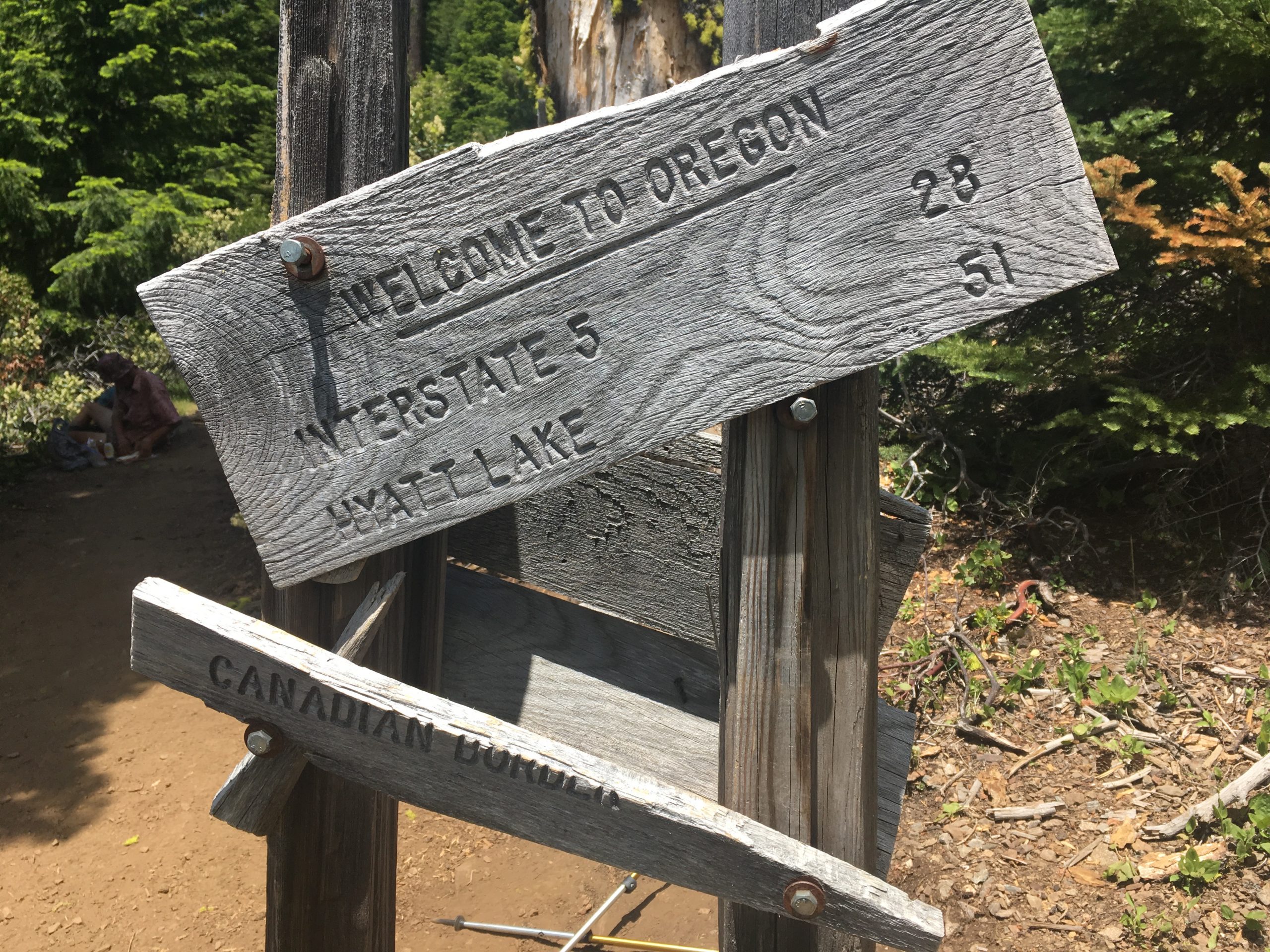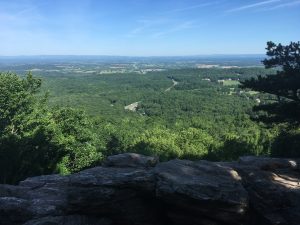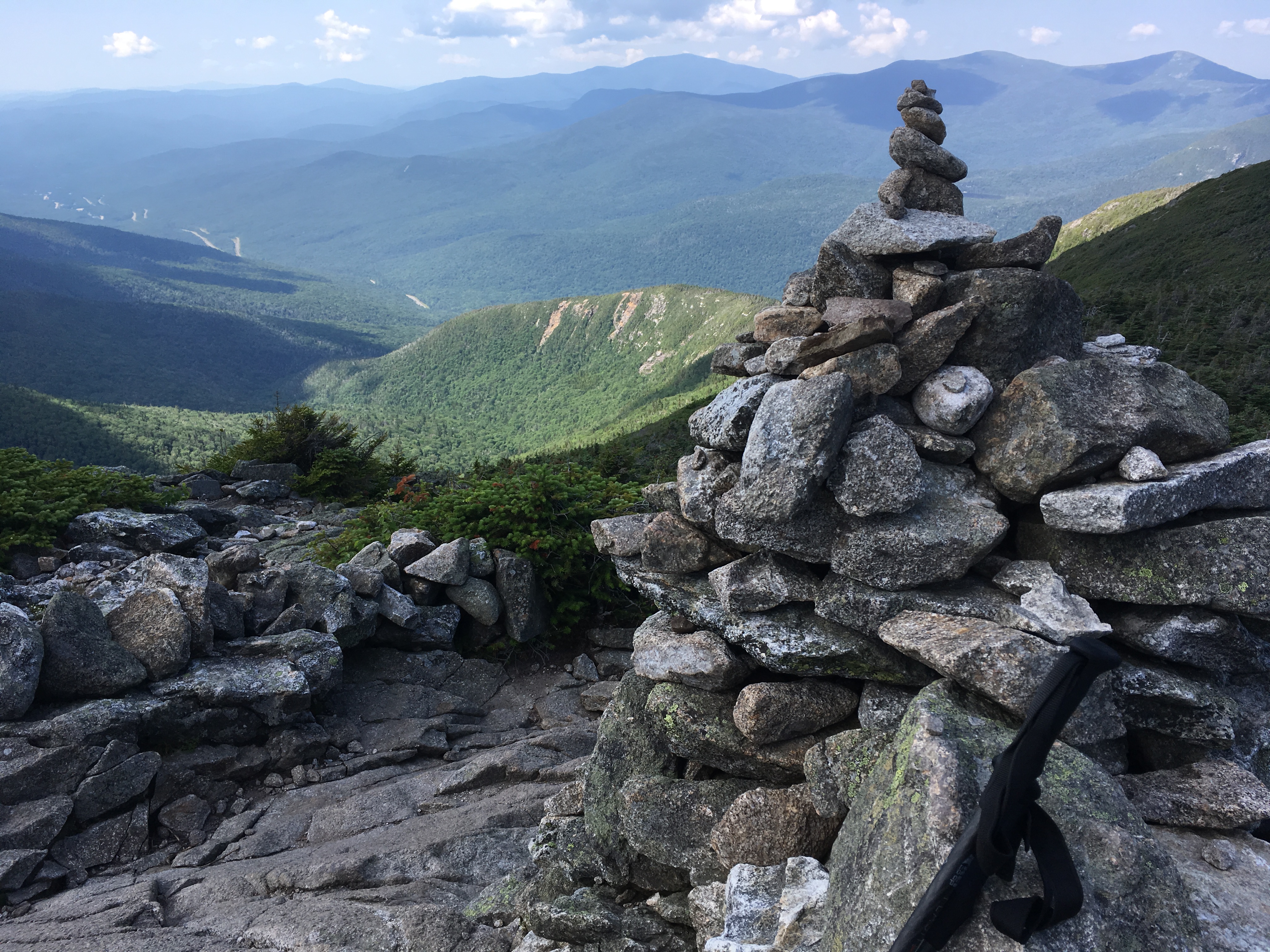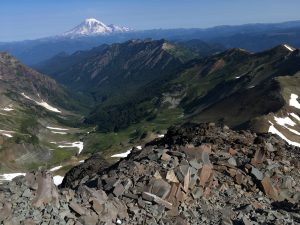Much of my life I have compared myself to others, but why? And at what cost? Even when I was hiking the Pacific Crest Trail last summer, I found myself comparing my mileage, gear, weight, etc. to other hikers. Though I mostly did this towards the beginning of my hike, it is easy to do in any part of life. Work. Hobbies. Relationships. Anything. Everything.
The Pacific Crest Trail attracts many outdoor enthusiasts each year, including those who have never backpacked more than a week before attempting their four-to-six-month thru-hike. In 2019 alone, 5,441 permits were issued to those attempting a complete thru-hike (www.pcta.org).
As I express in a journal entry below from the PCT, I found myself comparing myself to another hiker during the first few weeks of the trip. [Ironically, I am great friends with her now]
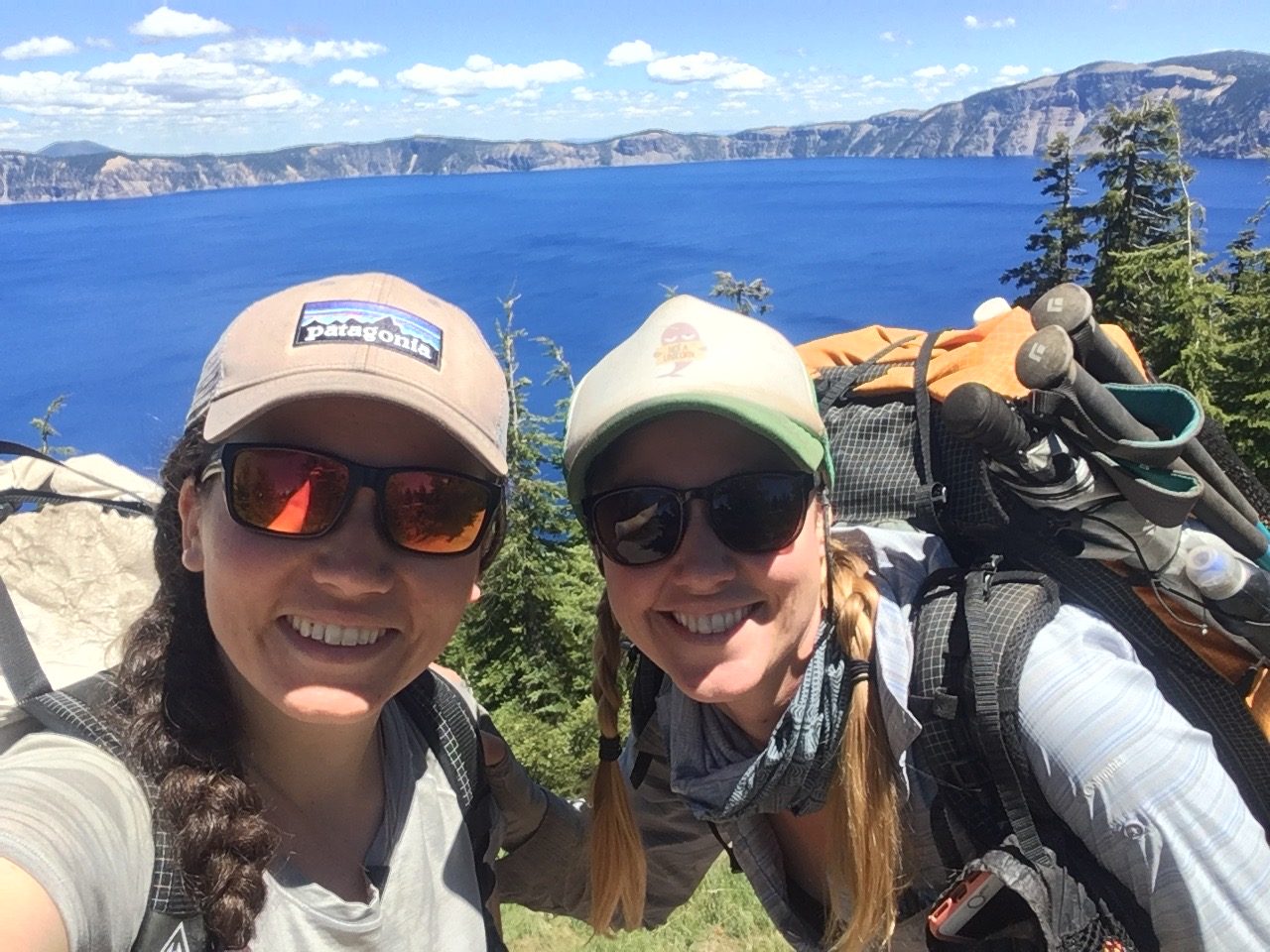
Green Light and I played leapfrog all day. She is very sweet, and so fast! Her pack looks like a small day pack. She leaves way after me in the morning, gets to camp well before me, and is a little turbo! I don’t know how she does it. I feel so slow when she passes me. Her big smile and blonde pigtails under her green trucker hat are barely seen as she nonchalantly flies by.
There were small snow patches descending Devil’s Peak, which at first were twenty feet long, but then it was a fifty-foot traverse with an eighty-foot drop. I took three steps, looked out at the view and noticed Green Light up ahead. On the next step I yelled out to her and waved my arm so she could see me. As I did so I fell and glissaded about fifty feet.
I stopped inadvertently halfway down, slowly realizing what had just happened. Since I was already most of the way down the snow patch, I continued sliding on my butt the rest of the way. The second slide didn’t stop until the rocks broke my fall, but luckily nothing was hurt and it wasn’t too fast of a slide. It was scary in the moment, then somewhat fun once I realized I came out unscathed…type 2 fun.
Similar to me comparing myself to other hikers, a female hiker I interviewed went through the same feelings towards the beginning of her hike. One could call it imposter syndrome – the feeling that we are so-called imposters and don’t belong because we are not good enough in some way or another – or just feeling sub par when compared to others.
“You are trying to overcome comparison to other hikers who are stronger than you – your own physical and mental limits and trying to break through that. I’m a petite woman, not tall. In the beginning I’m mostly surrounded by male hikers and am carrying the same weight as people who are bigger, so by ratio I’m putting in more work. So to have these people pass me or do bigger days or be faster was harder to deal with because I wanted to do that. Their one step is three or five of mine, which made me feel less-than,” explained the 24-year old hiker.
Starting something new is always challenging in itself, especially when it seems like everyone else is better at it than you. It is exceptionally difficult when you have been doing the activity for a long time, making it harder to comprehend why folks new to the sport, job, or activity are seemingly better at it than you are. Remembering your initial motivation for doing the things you enjoy isn’t always easy when times are tough.
She goes on to say, “My own physical and mental barriers, like not letting the rain beat me in WA, was hard for me to get through. It’s hard to be hiking in the mountains when it’s raining and you’re cold and you know you could end it. It’s your choice to be out there. You can end the suffering. You’re cold and hungry by choice. Trying to overcome the mental barrier of ‘You can deal with this,’ ‘It’s just temporary,’ and ‘You can do this.’ Trying to wake up with a positive attitude every day and hike up a mountain is hard.”
Sometimes we do so much all the time that we lose perspective on how special we are and what we’re doing. After some reflection, the hiker realized she was out there for HER, not anyone else. She saw that she had to release herself from comparison with others in order to find her own happiness, whether in life or on the trail.
“I came out here to be happy and enjoy my time but also to do something hard and to do something to push me past my limits and be able to do it. How far can I do this with a smile? How far can I go until I don’t have a good attitude?”
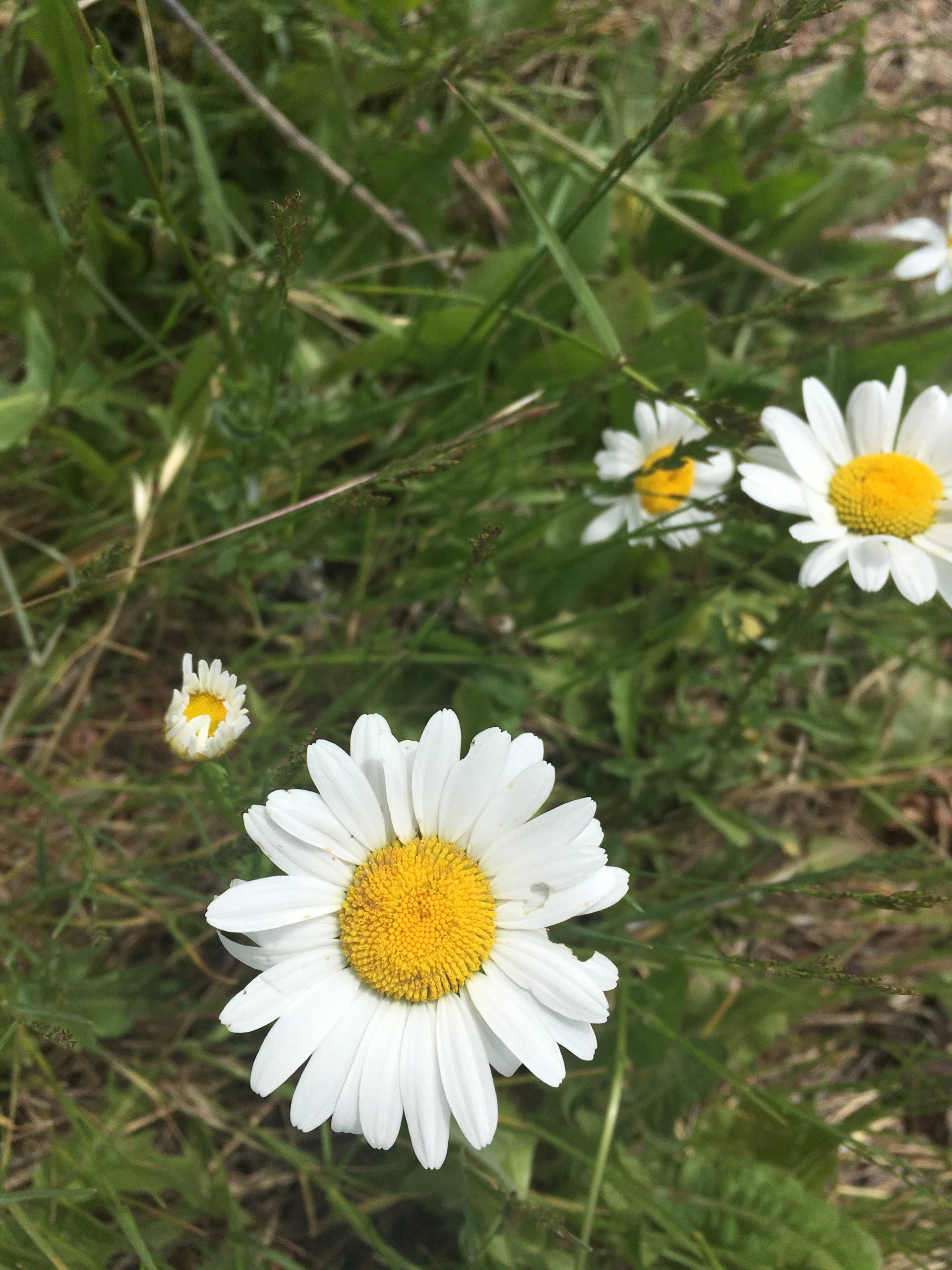
“If I woke up and said I’m not having fun and I hate this, I’d go home. I knew it was going to be a challenge and that’s what I wanted; to be able to overcome that and say I can do anything,” said one southbound female hiker.
If the last human freedom is to choose one’s own way, then comparison stands in the way of that freedom. I ask myself why I feel the urge to compare myself to others, and recognize the shortcomings in doing so, regardless of the answer.
Choosing not to compare and contrast myself to other people is a constant conscious effort, but attainable nevertheless. By releasing myself from comparison, I allow myself to make choices of my own volition without looking for parallels elsewhere, therefore having more autonomy and freedom in life.
